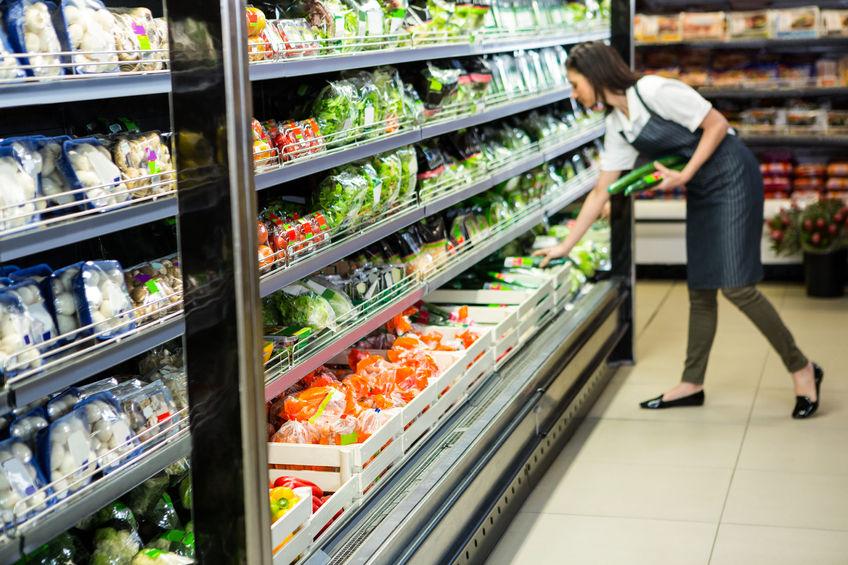
The public should be encouraged to buy British produce with the introduction of a new pre-paid voucher to combat the difficulties facing farmers after Brexit.
According to the thinktank Policy Network, the vouchers could help farmers who face financial struggle as EU subsidies are withdrawn after Brexit.
In the thinktank's new report 'The future of farming', it finds that farmers are particularly vulnerable to a ‘hard Brexit’, but suggests that, if handled delicately, Brexit provides opportunities to improve the current system of subsidies from the European Union.
Dubbed the ‘Apple Voucher’ after the UK’s healthy and affordable national fruit, payments to households could replace area-based payments to British farmers.
According to the report, such a move would reassure the farming industry, which it says is currently "vulnerable".
It says the move would provide long-term certainty of demand for UK produce while avoiding the "inefficiencies and injustices" of the existing Common Agricultural Policy (CAP).
£200 per year
The analysis states that if the voucher replaced the "most unfair aspect" of the current system – the area-based payments which give the most money to the richest landowners – it could provide every household with around £200 per year.
This would amount to around 7 per cent of the typical spend on groceries, which would also give a boost to struggling families.
Alongside protecting farmers, it would also be a first step towards ensuring all households are able to afford basic necessities and, depending on its design, could encourage families to buy more fresh produce.
Out of the current CAP bill, this would still leave funding available for ‘greening’ and other measures to incentivise sustainable and socially responsible land management.
'Supercharged environmentalism'
This is one of three approaches advocated in the new research, which seek to mitigate the hardships British agriculture faces in the event of Brexit.
It says regardless of the three approaches, retaining strong access to the EU's single market while reforming subsidies is a must.
The other ‘hybrid’ options include ‘supercharged environmentalism’, an approach Defra Secretary Michael Gove has expressed support for, which would see subsidies routed through additional incentives for responsible environmental measures and business practices.
Alternatively, a sales-linked regime could provide subsidies to farmers based on revenues from agriculture, thus linking payments to the market and escaping the inefficiencies of area-based payments and ‘coupled’ subsidies linked to production.
'Must be fair'
Charlie Cadywould, the author of the Policy Network report, said "everyone agrees" the system needs to change, and that the new settlement "must be fair".
“As ministers prepare to ‘take back control’, there is an opportunity to have a proper debate about how we support farmers in future,” Mr Cadywould explained.
“The ‘apple’ voucher could help protect the agriculture sector and Britain’s rural heritage, while also helping hard-pressed families with their weekly shop. It’s a market-oriented solution that could help farmers to become more competitive, but also patriotic, progressive and need not compromise on sustainability.
“The crucial backdrop to all this, though, is the Brexit negotiations. For farmers to maintain access to EU markets without costly checks and delays, the UK will need to continue applying the same farming and food standards as the EU.”
